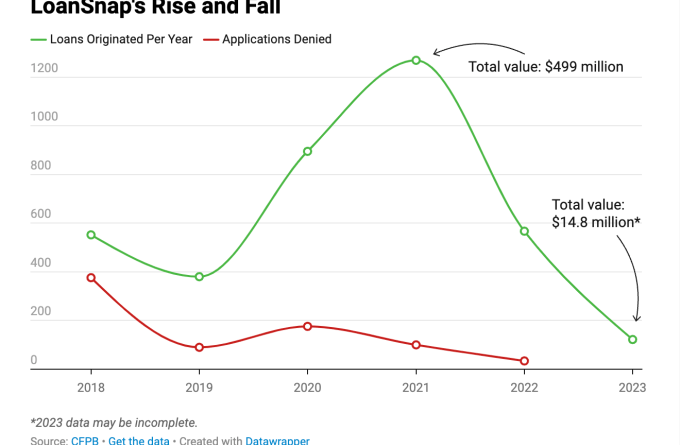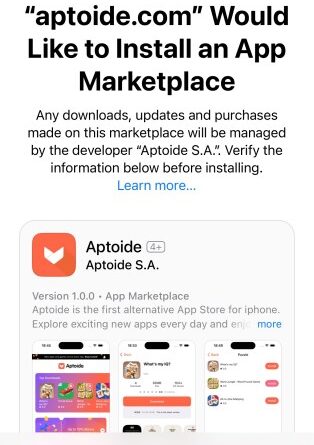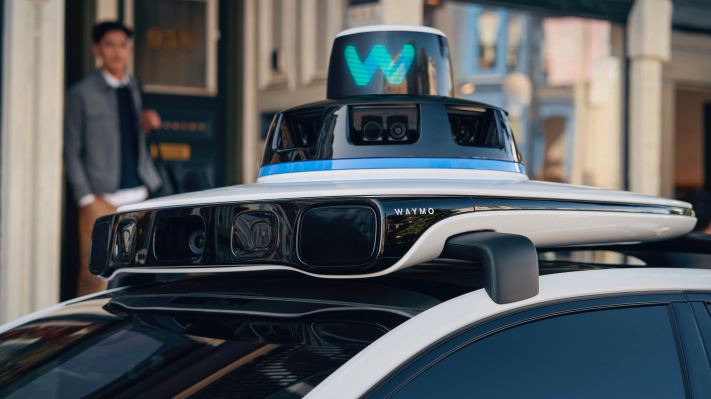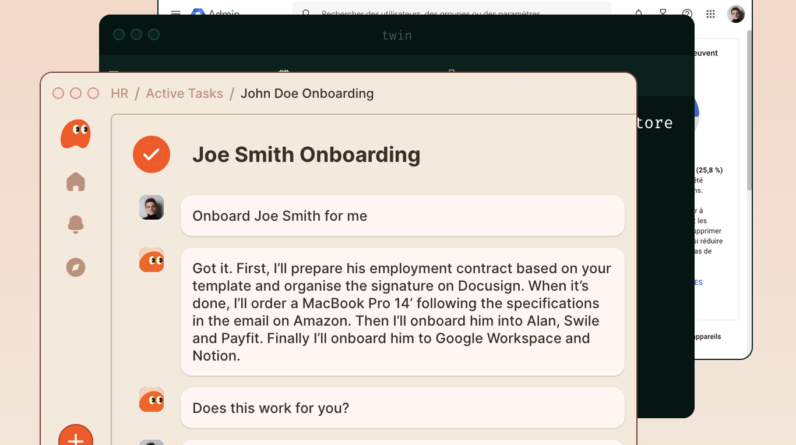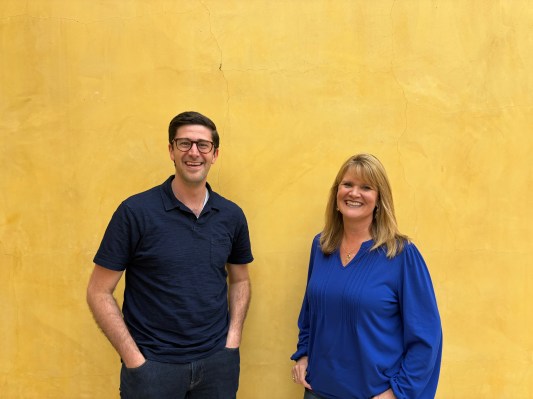
[ad_1]
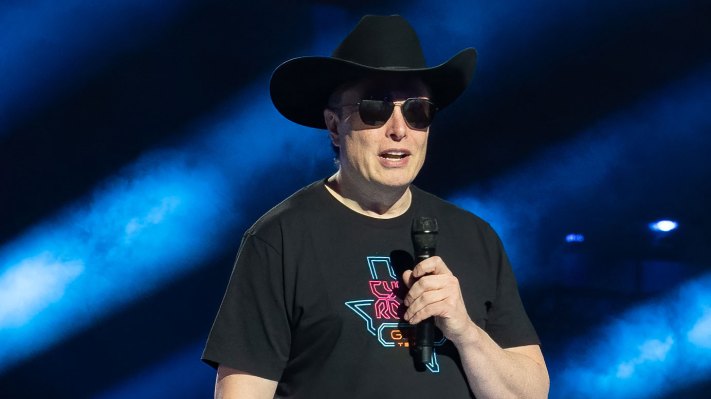
Elon Musk suggested Thursday during a Twitter Spaces with Ford CEO Jim Farley that Tesla might open up some of its automotive operating system code to other automakers.
“In the same way that maybe Android is helpful to the phone industry as sort of a general standard, like we could potentially open source more code,” said Musk. If Tesla takes that leap it will compete with Google, which has developed an automotive operating system based on Android, as well as Apple.
Musk was responding to Farley’s note that making a “fully software updatable vehicle” is “super hard.” The billionaire executive said Tesla would be happy to “be helpful on the software front.”
Musk made the comment during a Twitter Spaces that was used to announce a milestone agreement between Tesla and Ford. Under the deal announced Thursday, Ford’s EV customers will get access to the Tesla Supercharging network in the U.S. and Canada. More importantly, Ford agreed to incorporate Tesla’s charging port into its second-generation of EVs, which includes a truck and three-row SUV, starting in 2025.
Musk often spitballs ideas for Tesla at live events, some of which come to fruition and some of which don’t. If Tesla were to try to commercialize its over-the-air updatable software to other vehicles, it would put the automaker in direct competition with Google and Apple.
Google offers automakers Android Automotive OS, which is modeled after its open source mobile operating system that runs on Linux and is modified for use in cars. Apple also jumped into the OS game last June when it announced that its next-gen CarPlay aims to power a vehicle’s entire instrument cluster. Both tech companies also offer a middleware product called Apple CarPlay and Android Auto that connects a user’s phone to a car’s infotainment system.
Supply chain partnerships
Musk and Farley also hinted Thursday at other potential partnerships in the future, including in the supply chain.
The Ford CEO questioned Musk about Tesla’s new Corpus Christi lithium refining plant. Ford recently struck a series of deals, including with Albemarle and SQM, to ensure the automaker’s access to lithium.
Musk repeated previous woes that there are not enough entrepreneurs in the U.S. digging into raw materials mining and processing, and that he wishes Tesla didn’t have to pick up the slack. He said the company has a nickel-based cathode refinery in Austin, and might also have to get involved in anode manufacturing, but “hopefully not.”
Musk noted that there’s going to be a huge market for synthetic graphite (graphite is the main material in most lithium-ion anodes).
The two CEOs have remained friendly at times despite competing against each other. Musk has praised the automaker in the past, noting on several occasions that only Tesla and Ford have avoided bankruptcy.
Ford, like other legacy automakers, is still aiming to unseat Tesla as the No. 1 seller of EVs in the United States. Ford has a ways to go.
In 2022, Ford sold 61,575 electric vehicles in the U.S. Tesla sold 1.3 million EVs globally. The company doesn’t break out sales by country. Over the past two years, Ford said it lost about $3 billion on its EV and Digital services business, a unit now known as Model e. The company doesn’t expect Model e to be profitable until late 2026 with an 8% operating profit margin. Ford’s traditional gas-powered engine units were profitable enough to offset those losses, though.
In terms of production, Ford aims to reach 600,000 EV units by the end of 2023 and 2 million by the end of 2026.
Tesla said it wants to hit a 50% compound annual growth rate in 2023 that should see the automaker produce 1.8 million cars.
[ad_2]
Source link

